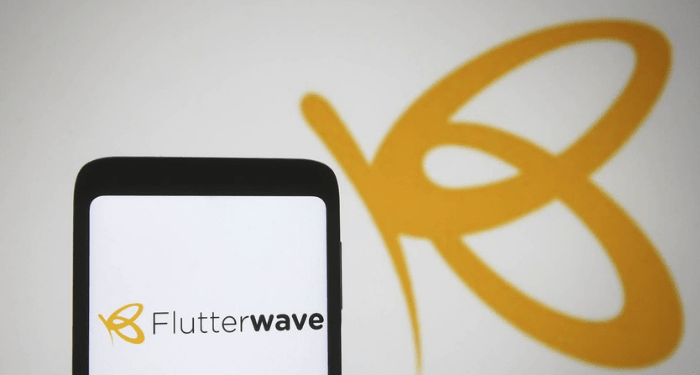According to Business Daily Africa, this week High Court judge Alfred Mabeya of Kenya issued orders freezing 45 banks accounts and 10 mobile wallet of Flutterwave Payments Technology.
The move comes in response to a lawsuit filed by a group of 2,468 Nigerian nationals who claim to have been defrauded of $12.04 million (Sh1.6 billion) by the company. The court ruling names six local lenders, including United Bank of Africa, Access Bank, Guaranty Trust Bank, Equity Bank, Ecobank, and Safaricom, as interested parties holding Flutterwave’s funds.
While the exact amount of money in the frozen accounts and wallets has not been specified, the plaintiffs believe that it amounts to billions. This development puts additional pressure on Flutterwave, which has been seeking a license from the Central Bank of Kenya amid ongoing legal battles and regulatory challenges. In a separate case, Hong Kong’s Lae Technologies has listed Flutterwave and seven other companies as interested parties in an alleged breach of contract, seeking the freezing of several bank accounts to recover at least $88 million (Sh12.2 billion).
This is not the first time Flutterwave has faced legal troubles in Kenya. In 2022, the Assets Recovery Agency (ARA) obtained freezing orders against Flutterwave and eight other Nigerian companies for alleged money laundering activities involving Sh6.2 billion. However, the ARA later withdrew its case, granting the companies access to their frozen funds. Flutterwave Payments Technology Ltd is a subsidiary of US-based Flutterwave Inc., operating primarily in Kenya and Nigeria.
The current lawsuit against Flutterwave alleges that the company was involved in a massive Ponzi scheme perpetrated by 86 Football Technology Ltd, a sports betting platform. The plaintiffs claim that they invested in the platform, believing it to be a legitimate opportunity to profit from the gambling industry. However, it turned out to be a fraudulent scheme that reportedly collected over $400 million (Sh55 billion) from unsuspecting victims. The betting firm is accused of using Flutterwave to facilitate the movement of the illicit funds.
The court has ordered the Ponzi scheme victims to serve Flutterwave Payment Solutions and the six institutions holding their funds with the necessary court papers. A hearing is scheduled for June 21, where the judge will determine the further course of action and whether to extend the freezing orders.
The consequences of these allegations and legal actions pose significant challenges for Flutterwave, both in terms of its reputation and its ongoing efforts to secure regulatory approval. As the case unfolds, it remains to be seen how Flutterwave will navigate these legal battles and address the concerns raised by the plaintiffs. The outcome will have implications not only for Flutterwave’s operations in Kenya but also for its broader presence in the African fintech landscape.
In a nutshell, Flutterwave finds itself entangled in a legal quagmire as it faces allegations of facilitating a Ponzi scheme and potential money laundering activities. The freezing of its accounts and wallets by the Kenyan court adds to the company’s mounting legal and regulatory challenges. Flutterwave now faces the task of defending itself against these allegations while striving to maintain its reputation and pursue its licensing objectives in the highly competitive fintech industry.










